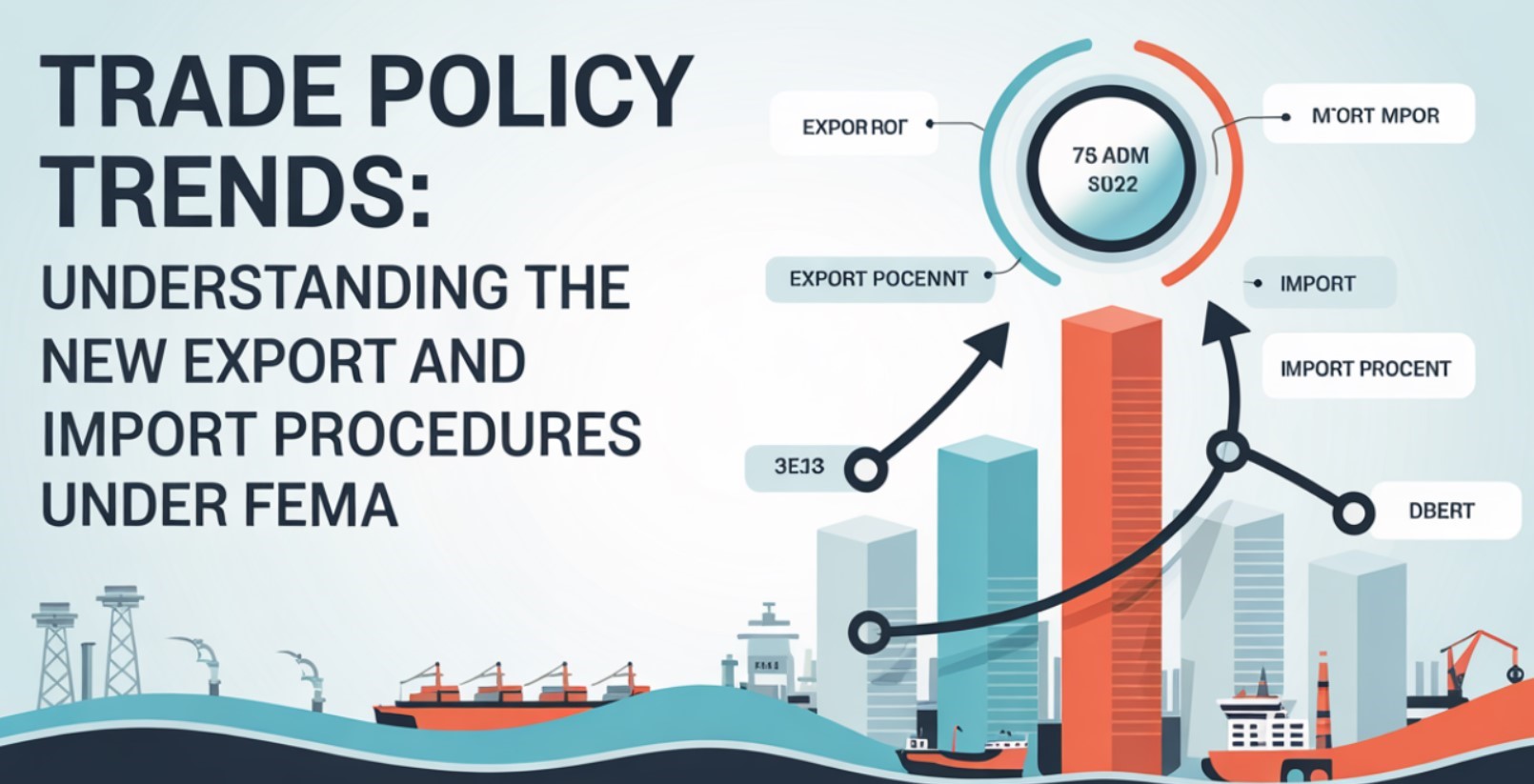
Under the Foreign Exchange Management Act (FEMA), the Reserve Bank of India (RBI) released an alarming draft plan to revamp the country’s export-import regulatory system. A change in India’s cross-border trade policy is already visible in the new FEMA regulations, which place a stronger focus on digital compliance, flexibility of doing business, and increased independence of operations for banks.
These adjustments are intended to update the system, harmonize trade regulations that apply to goods and services, and improve the efficiency of India’s international trade. The RBI released the revisions in July 2024, which are available for public comment until September 1, 2024.
Explore detailed industrial start-up guides here: https://www.niir.org/
Major Highlights of the New FEMA Proposals
The new framework proposes several bold moves:
Key Changes for Exporters & Importers:
| Area | Existing Process | New Draft Proposal |
| Export Declaration | Multiple forms | Unified export declaration for goods, services, software |
| Import Settlement Time | Capped at 6 months | To be governed by contractual terms |
| Export Realisation | 9–15 months | Uniform 9 months for all shipments |
| Self-Write-off | Allowed for status holders | Discontinued entirely |
| Sample Export Exemptions | Permitted | Revoked |
| SOFTEX Form | Mandatory for software | Merged with export declaration |
RBI now empowers banks as the primary compliance agents and facilitators for international trade transactions, with less central interference.
Simplification of Compliance: One Form for All Exports
One of the major proposals is the introduction of a unified export declaration form (EDF), covering:
- Goods exports
- Services exports
- Software exports
This is a massive simplification that aligns India with international best practices. Exporters no longer need to fill out different forms or navigate various portals.
Banks in Focus: From Compliance Watchdogs to Trade Facilitators
Authorized Dealer (AD) banks are now central to FEMA execution. They will be expected to
- Develop internal board-approved trade policies
- Certify export value declarations
- Decide on time extensions for late payments or document delays
- Allow up to 100% write-offs of export proceeds with justification
However, the responsibility now falls on the bank to frame clear internal protocols, potentially causing some differences in trade processing across banks.
Learn how to plan your startup compliance needs here: https://www.entrepreneurindia.co/
Importers: Contractual Flexibility Gains Ground
Increased Contractual Flexibility Importers now have more flexibility. The new draft states:
- Import settlement has no time limit unless contracts specify otherwise.
- Sectoral quantitative ceilings on advance payments are removed; unpaid advance payments will be regarded as foreign borrowing.
Exporters Lose Self Write-Off Privileges
Previously, exporters—especially status holders—could independently write off export receivables.
Now:
- Banks must approve every write-off, regardless of amount
- Any write-off over 25% must be placed before the bank’s board for ratification
This shift indicates the RBI’s growing confidence in banks but a cautious stance toward exporters.
Key Impact for Software & Services Exporters
Previously, services exporters followed SOFTEX form procedures. Now:
- SOFTEX form has been discontinued
- Date of invoice will substitute shipment date for such exports
- Banks must now report service export documents via EDPMS
Banks will also decide on extensions for service export realization delays without RBI involvement.
Stay updated with our industry insights: https://npcsblog.com/
For MSMEs and Startups: Opportunities and Cautions
While the regulatory framework becomes more bank-centric, it could be challenging for:
- Start-ups with limited banking relationships
- MSMEs unfamiliar with policy framing
- Exporters in dispute or refund situations
However, those who comply will benefit from faster approvals, fewer RBI interactions, and broader flexibility.
NPCS: Guiding Startups through Trade & Compliance Reforms
At Niir Project Consultancy Services (NPCS), we understand that evolving policy environments require expert guidance. That is why we support:
Entrepreneurs
MSMEs
New Industrial Startups
With customized market survey cum techno-economic feasibility reports that include:
- Manufacturing process
- Flow diagrams
- Machinery & raw material details
- Market research
- Complete financial projections
We are your go-to industrial consultants for setting up new business projects.
Watch project guides on our YouTube channel: https://www.youtube.com/@NIIRproject.
Suggested Reads from NPCS Blog:
- https://www.entrepreneurindia.co/blogs/profitable-iv-fluid-manufacturing-bfs-technology-startup-guide/
- https://www.npcsblog.com/toy-distributors-in-india-a-guide-for-building-partnerships/
- https://www.npcsblog.com/importing-toys-to-india-a-comprehensive-guide/
- https://www.npcsblog.com/challenges-in-textile-exports/
Explore more: https://www.niir.org/blog/
Way Forward: What Stakeholders Should Do
For banks:
- Frame comprehensive trade policies
- Train forex teams for documentation review
- Implement EDPMS/IDPMS efficiently
For exporters & importers:
- Review contracts for settlement terms
- Align ERP/invoicing systems with new export forms
- Anticipate early changes post-implementation
Utilizing Opportunities in a Changing Trade Environment
The RBI’s proposed FEMA regulations take an active position, stressing convenience over enforcement. This is a great chance for importers and exporters, particularly MSMEs, to expand—if they continue to be flexible, technologically savvy, and in sync with their banking partners. By providing professional project reports, market insights, and customized investment advice, NPCS is dedicated to assisting companies in flourishing in this dynamic trade climate and making sure you’re always one step ahead in the international marketplace.
Get started today at https://www.entrepreneurindia.co/blogs.






